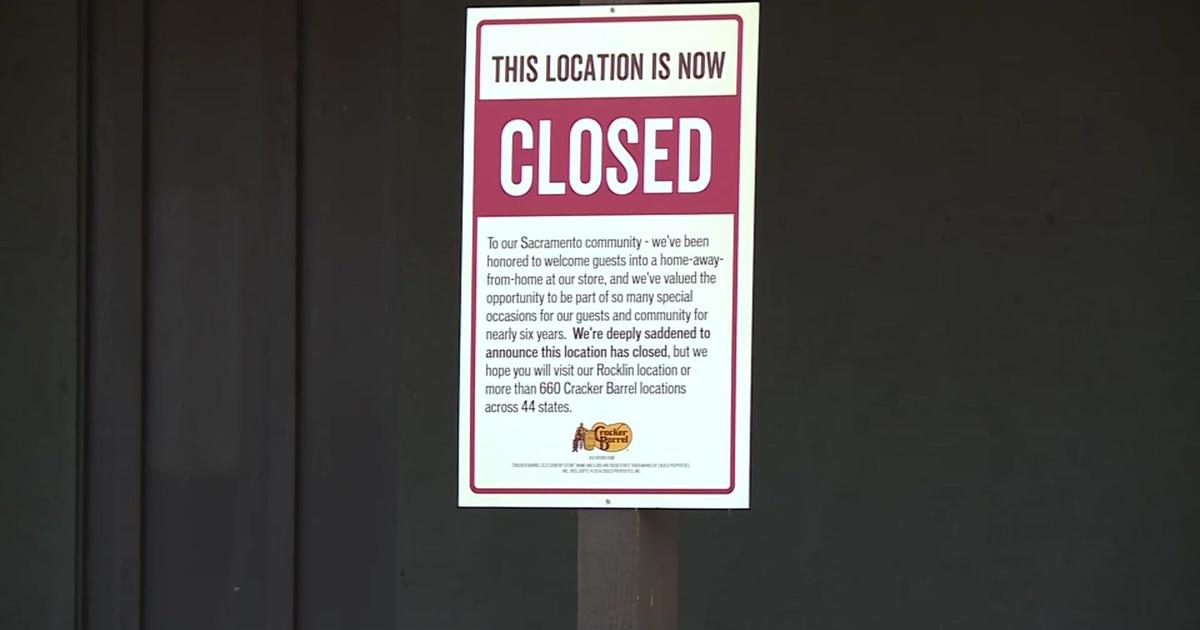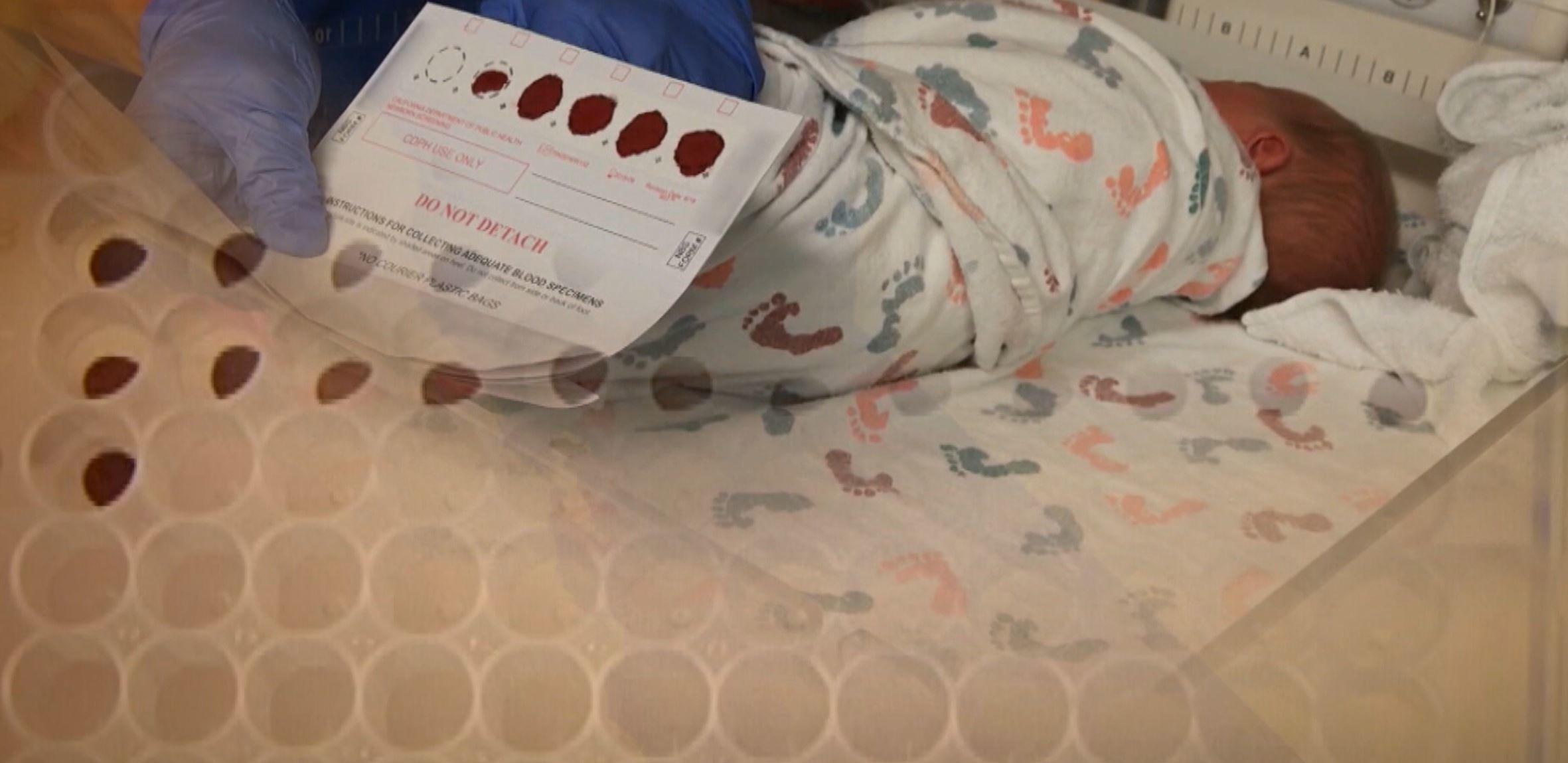Patient Death Puts Spotlight On Replacement Nurses
OAKLAND, Calif. (AP) -- The company's ad on Facebook was seeking stand-ins for nurses planning a walkout, encouraging applicants to "join us for all the fun on this strike." Days later, a hospital patient under the care of one of the company's traveling nurses was dead from an apparent medical error.
The death in late September has led the nurses union to question the competency of those replacements and to claim the hospital in Oakland did not provide adequate training before allowing them to care for patients, a charge the hospital rejects.
The controversy has put into focus the use of so-called traveling nurses, a little-known billion-dollar fixture of the modern hospital industry.
These itinerant nurses are not only hired in strike situations. Hospitals across the country deploy them a few months at a time for staffing needs. California, for example, faced an acute shortage of qualified nurses before the recession, partly owing to a one-of-a-kind state law mandating strict nurse-patient ratios at all times.
"We have a lot of sick people in hospitals in California," said Jan Emerson-Shea, spokeswoman for the California Hospital Association. "We have to bring in these nurses."
Traveling nurses must have the same certifications as their counterparts in permanent positions, including state licenses. Their backgrounds and levels of experience vary, and they have a range of reasons for working as temps rather than as permanent staffers.
Tim Brown, 25, an emergency room nurse from Jacksonville, Fla., came with a friend in February to work at a Sacramento hospital as a traveling nurse after a few years on the job back home. Brown said he makes twice as much in California than he did in Florida, even though he has to fly home once a month to see his family.
"We decided to come out here basically to get ahead," he said.
Nurses in Sacramento earn on average about $45 per hour, putting the city among the top-10 highest paying metropolitan areas in the country for the profession, according to the U.S. Bureau of Labor Statistics. All 10 of the nation's highest paying regions for nurses are in Northern or central California.
By comparison, nurses in Jacksonville average about $31 per hour. In many rural parts of the country, the average wage for registered nurses hovers around $26 per hour.
Though Brown was kept on as a full-time staffer at the end of his contract in California, he'll be transferring to another Sacramento-area hospital as a traveler for better pay -- $7,000 per month versus $5,200 -- and more freedom in his schedule.
Getting up to speed at a new hospital is the job's key challenge, Brown said, noting that traveling nurses might get a shift's worth of orientation before starting work, compared to weeks for new full-time nurses.
The patient's death in Oakland came during an acrimonious labor dispute between the powerful California Nurses' Association and the Sutter Health hospital chain. When much of the nursing staff went on a one-day strike, Sutter's Alta Bates Summit Medical Center in Oakland brought in 500 traveling nurses.
To secure the replacements, hospital officials said they had to sign a five-day contract with Advanced Clinical Employment Staffing, an Alabama-based contractor. As a result, the striking nurses were locked out of work during the weekend when the patient died.
The staffing company has declined to comment.
The nurses association focused on the short orientation for replacement nurses as a key factor that may have led to the patient's death at Alta Bates Summit Medical Center.
The hospital said the replacement nurses received two to three rounds of orientation and that they met the same standards the hospital demands of its nurses.
Studies of the use of temporary nurses in hospitals suggest that patient care quality can drop during strikes, but that replacements are not necessarily to blame.
A 2010 National Bureau of Economic Research study looked at a 20-year period in New York state found that in-hospital death rates increased by more than 19 percent during nurses' strikes. Yet a 2007 study led by University of Pennsylvania professor Linda Aiken, a widely recognized authority on nurse staffing, concluded that negative perceptions of temporary nurses were generally unfounded.
"Data analyzed here did not suggest that higher use of nonpermanent nurses caused safety and quality problems for nurses or their patients," Aiken wrote. Rather, she found, temporary nurses tended to be used in hospitals that already had problems.
The nurses union in California argued that hospitals seeking to save money would sacrifice the quality of patient care if they use more temporary nurses. Full-time nurses can push back against management decisions they see as putting profits before patients because those nurses have the protection of their union contract, said RoseAnn DeMoro, the California Nurses Association's executive director.
Traveling nurses lacking those same protections can't speak up for their patients without fear, DeMoro said. "You don't have that same kind of advocacy in a traveler because she will lose her job," she said.
The union also noted that Alta Bates Summit paid a total of more than $29 million in 2008 and 2009 to the staffing contractor that provided the hospital's replacement nurses during the recent strike. The hospital could have hired hundreds of regular full-time nurses for the same amount, DeMoro said.
Hospital spokeswoman Stacey Wells said the hospital must keep traveling nurses on hand to fill in for full-time nurses who go on vacation or leave or call in sick, and to help cover changes in the number of patients in the hospital.
"This is standard practice for all hospitals in the nation," Wells said.
(Copyright 2011 by The Associated Press. All Rights Reserved.)



